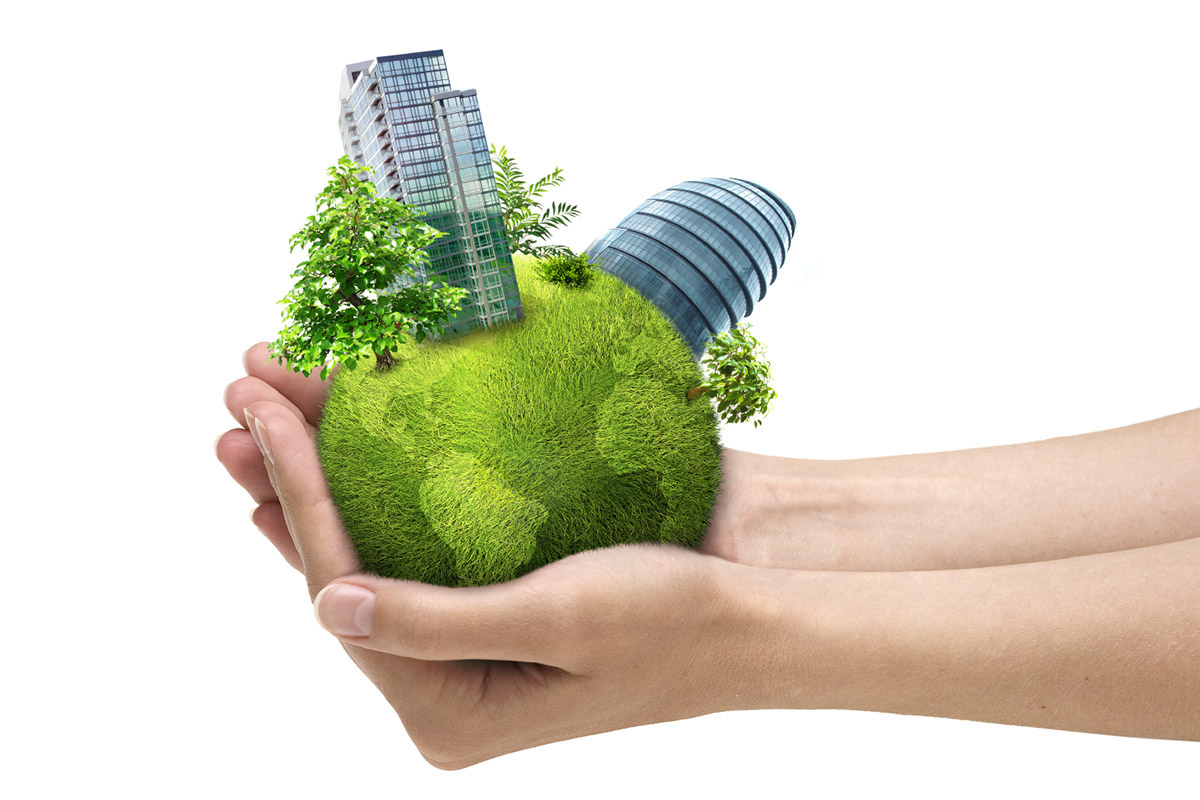Is Rainwater Safe to Drink? This is What You Need to Understand
What could be healthier than drinking fresh rainwater from the sky? It’s not discolored or contaminated from dirty pipes. At first glance, this water seems harmless, but is rainwater safe to drink?
There’s already a debate about the safety of tap vs. bottled water, but where does rain fit into the mix? In this article, you’ll discover the truth about rain, and why the debate is more complicated than you think.
Rainwater Is Safe, But There’s a Catch
Water that falls directly from the sky may even be safer than most public water sources. However, that changes once rainwater touches any plants, gutters, objects, or surfaces. You must collect rainwater as soon as it falls.
The containers you use also matter. A dirty container or tank will instantly contaminate your water supply.
You can learn a lot about rain collection vessels from The Tank Factory. For example, there are above-ground tanks and underground rainwater tanks. There are also small tanks designed for tight household spaces.
Can You Drink Rain Water After It’s Collected?
Installing the right rainwater container or tank is only the first step. You’ll need a water filter if you want to drink rainwater without worry. Boil your rainwater to ensure there are no harmful chemicals or pathogens present.
To be on the safe side, use a filtered water pitcher for drinking rainwater. With the right filtration methods, rainwater may be safer than tap water.
After boiling and filtering your rainwater, let your water sit for a couple hours before drinking. Run it through a coffee filter and refrigerate before serving.
What Not to Do
Is rainwater drinkable everywhere? Definitely not. You have to be extremely careful about where you collect rainwater.
Don’t ever collect rainwater from toxic areas or radioactive sites. Never collect rainwater near power plants, industrial areas, or oil spills.
Easy Ways to Collect Rainwater
If you’re not going to use a rainwater tank, you can use a regular ceramic bowl. However, you must thoroughly clean and disinfect your bowl before collecting water. Stainless steel bowls also work.

You could also install a clean downspout system that collects rainwater without contaminating it with dirty run-off. Some homeowners even use inflatable kiddie pools to collect rainwater!
There Are Rules About Collecting Rainwater
Believe it or not, some areas have restrictions on rainwater collection. Before you install a tank or system, make sure you’re allowed to collect rainwater in your city. There may also be restrictions on what you can use to collect water.
Most states encourage rainwater harvesting, but some U.S. states, like Colorado, limit homeowners to only a couple barrels each. You should also research rainwater harvesting restrictions in other countries.
Is Rainwater Right for You?
Is rainwater safe to drink? The answer boils down to the right rain harvesting method. If you’re willing to properly collect and filter rainwater, then you should be fine.
It’s always better to be safe than sorry. Don’t put your health on the line. Check back often for more tips and tricks for a safe and healthy life.
The post Is Rainwater Safe to Drink? This is What You Need to Understand appeared first on ELMENS.
source https://www.elmens.com/business/environment/is-rainwater-safe-to-drink-this-is-what-you-need-to-understand/
Comments
Post a Comment